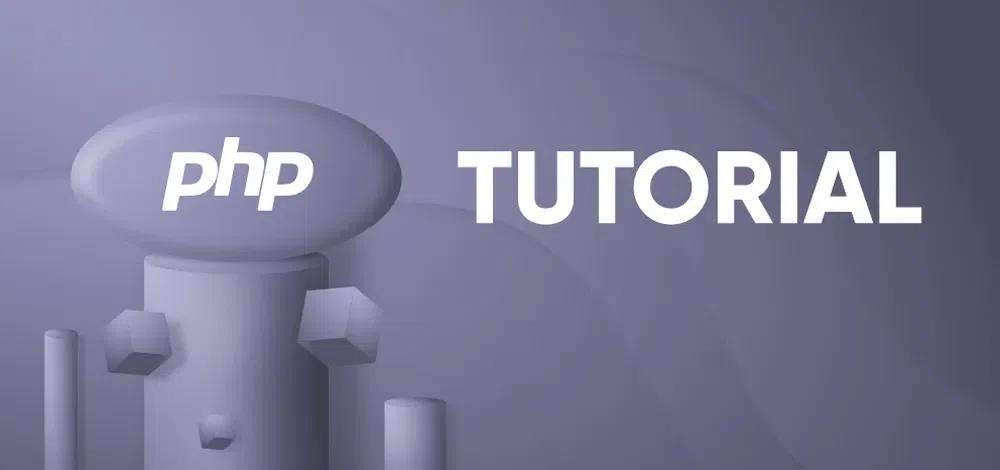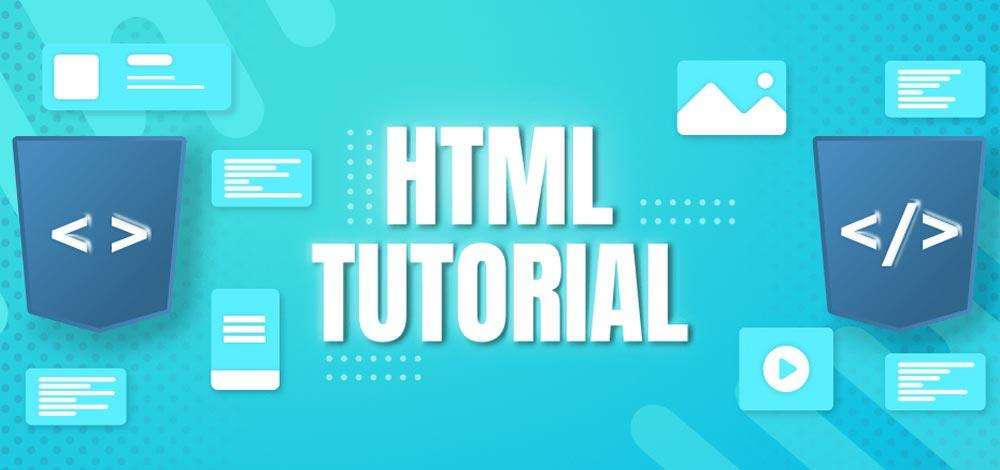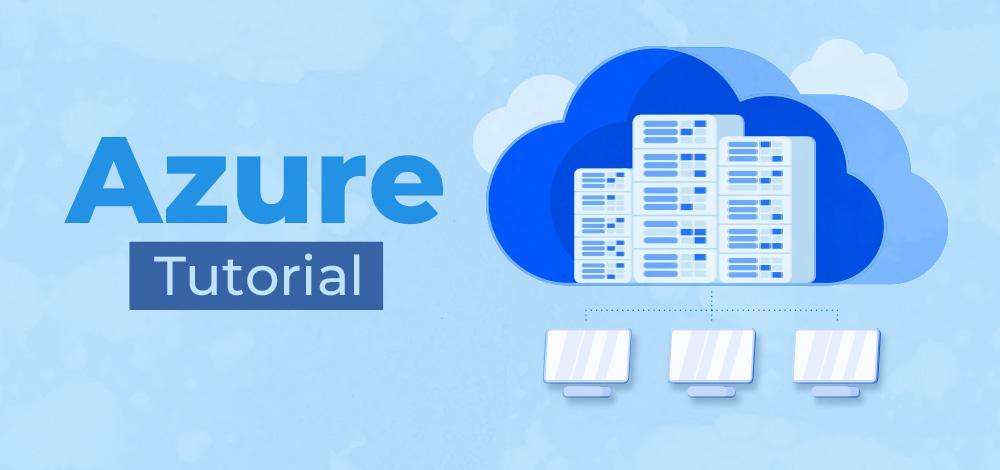
Embark on your coding adventure with our PHP Tutorial & Roadmap, where simplicity meets sophistication in the world of web development.
Welcome to the dynamic universe of PHP, the server-side scripting language that powers a significant portion of the web. This guide is crafted for aspiring developers and seasoned coders alike, aiming to illuminate the path from PHP basics to advanced techniques.
Whether you’re starting your journey or looking to refine your skills, this roadmap will serve as your compass in the ever-evolving landscape of PHP development.
This PHP guide will provide you with a thorough grasp of the PHP scripting language. No matter if you’re just starting out or you’re an experienced PHP developer, this complimentary PHP guide offers comprehensive knowledge about PHP scripting language.
PHP (Hypertext Preprocessor) is a flexible and popular server-side scripting language used to build dynamic and interactive websites. Whether you’re an expert coder or a newcomer keen to explore web development, this PHP guide is your entrance to learning the details of PHP coding.
Through our PHP guide, you’ll cover all the key subjects, such as control structures, functions, arrays, strings, file management, form processing, regular expressions, manipulating dates and times, object-oriented programming in PHP, mathematical functions, combining PHP with MySQL, merging PHP with Ajax, leveraging PHP alongside jQuery, and beyond.
Getting Started with PHP
Prerequisites for this PHP Tutorial
PHP, or Hypertext Preprocessor, is a cornerstone in web development, renowned for its ease of use and flexibility. To begin, ensure you have a solid foundation in HTML and CSS, as these are the bedrock upon which PHP operates.
Next, set up a local development environment with tools like XAMPP or MAMP, which will allow you to write and test your PHP scripts in a controlled setting.
You might be surprised to learn that whatever the case, To embark on this PHP tutorial, all you need is a basic understanding of how websites work and a desire to learn.
No prior programming experience or knowledge of multiple programming languages is required. We’ll guide you through everything step by step, ensuring you gain the skills and confidence to program in PHP. So, let’s get started on this exciting journey together!
What is PHP?
PHP stands for Hypertext Preprocessor. It’s a free, server-side scripting language designed for web development, known for its ease of use and flexibility.
As a PHP developer, there are several key concepts you should be familiar with to create effective and dynamic web applications. Let’s dive into these essential points to enhance your PHP programming skills.
Features of PHP
Certainly! Here’s the information presented in bullet points:
¡》Open-Source and Free:
- PHP is open-source, allowing use without licensing fees.
- Runs on various OS like Windows, macOS, Linux, Unix.
¡¡》PHP Server-Side Scripting:
- Executes code on the server, sending dynamic HTML to the browser.
- Enables interactive web pages and user interaction management.
¡¡¡》Interpreted Language:
- PHP code is processed line by line.
- No need for compilation, easing development and testing.
IV》Database Connectivity:
- Compatible with databases like MySQL, PostgreSQL, Oracle.
- Facilitates data storage and retrieval for web applications.
V》Object-Oriented Programming (OOP):
- Supports OOP with classes, objects, inheritance, polymorphism.
- Encourages organized, modular code.
V¡》Built-in Functions:
- Rich set of functions for string manipulation, date/time handling, etc.
- Reduces dependency on external libraries.
V》Session Management:
- Maintains user sessions for personalized experiences.
- Stores user data across multiple page visits.
V¡》Security Features:
- Includes built-in security features to mitigate vulnerabilities.
- Encourages best practices for secure development.
PHP Characteristics
- Simple
- Efficiency
- Secure
- Flexible
First Hello World Program in PHP
Simple program to print “Hello world!” message on the screen.
PHP
<?php
/* echo is a print command */
Echo “Hello world!”;
?>
Output:
Hello world!
Why We Learn PHP ?
Learning PHP is a smart choice for several compelling reasons:
- Easy to Learn: PHP is known for its straightforward syntax, making it accessible for newcomers, even those who have never programmed before.
- Free of Cost: Being open-source, PHP is available at no cost, allowing developers to utilize its features and methods freely.
- Flexible: PHP’s dynamic typing means there are flexible ways to build features, accommodating various programming styles.
- Database Support: PHP supports a broad range of databases, such as MySQL, ODBC, SQLite, and more, ensuring compatibility and ease of data management.
- Security: With its layered security measures, PHP provides a robust platform for developing secure websites.
- Community Support: A vast community of PHP developers contributes to a rich ecosystem of knowledge sharing, which is invaluable for learning and troubleshooting.
These points highlight PHP’s adaptability and its significant role in the realm of web development, making it a valuable skill for any developer.
PHP Tutorial Overview
Dive into the digital world with our comprehensive PHP tutorial! We’re here to navigate you through the fundamental concepts, turning you from a novice into a skilled PHP developer.
Prepare to create vibrant web applications and powerful server-side features using the adaptable PHP language! Let’s embark on this coding journey together. 🚀
¡》The Basics: Syntax and Operations
Dive into PHP with an exploration of its syntax. Learn about variables, data types, and operators. Understand how to craft conditional statements and loops, which are the building blocks of logic in your applications.
Grasp the principles of form handling and data validation, ensuring user input is processed securely and efficiently.
¡¡》Advanced Concepts: Object-Oriented PHP
As you gain confidence with the basics, venture into the realm of object-oriented programming (OOP). Discover classes and objects, the pillars of OOP, and how they can encapsulate functionality and promote code reusability.
Master inheritance and interfaces, empowering you to design robust and scalable systems.
¡¡¡》PHP and Databases
No PHP tutorial would be complete without addressing its synergy with databases. Learn to interact with MySQL, the go-to database for many PHP developers. Acquire the skills to perform CRUD (Create, Read, Update, Delete) operations, and harness the power of prepared statements to fortify your applications against SQL injection attacks.
¡V》Security and Best Practices
Security is paramount in web development. Familiarize yourself with common security threats like cross-site scripting (XSS) and cross-site request forgery (CSRF). Adopt best practices such as using HTTPS, sanitizing user input, and employing password hashing to safeguard your applications.
V》The PHP Ecosystem
Explore the vibrant ecosystem surrounding PHP, including frameworks like Laravel and Symfony, which offer structure and tools for building modern applications. Delve into package management with Composer, and learn about the plethora of libraries available to extend PHP’s core functionality.
Complete PHP Tutorial & Roadmap
1. Functions Complete References
- Array Functions
- String Functions
- Math Functions
- GMP Functions
- Calendar Functions
- IntlChar Functions
- Imagick Functions
- Gmagick Functions
- ImagickDraw Functions
- Image Processing and GD Functions
- SPL Data Structures
- DS\Sequence Functions
- DS\Vector Functions
- Ds\Deque Functions
- Ds\Map Functions
- Ds\Set Functions
- Ds\Stack Functions
- Ds\Queue Functions
- Ds\PriorityQueue Functions
- Filesystem Functions
Applications of PHP
PHP’s versatility shines across various applications:
- Server-Side Web Development: PHP scripts run on a server, where they generate web page content dynamically, responding to user actions and requests.
- Content Management Systems (CMS): PHP is the backbone of many CMS platforms. You can contribute to these frameworks or use them to easily build websites and blogs.
- E-commerce Websites: PHP is often used to create online stores, handling transactions and user interactions for the purchase and sale of products and services.
- Database-Driven Applications: PHP excels at connecting with databases, enabling applications to store, manage, and retrieve data efficiently through a DBMS.
- Web APIs: PHP can be used to develop web APIs, which are accessible over the internet using HTTP. These APIs facilitate the creation of RESTFUL services.
These examples underscore PHP’s capability to power a wide range of web-based applications, from simple websites to complex, data-driven platforms.
2. Interview Questions and Answers:
- PHP Interview Questions and Answers Set-1
- PHP Interview Questions and Answers Set-2
3. PHP Online Quiz
- PHP Quiz | Set-1
- PHP Quiz | Set-2
- PHP Quiz | Set-3
4. PHP Programming Examples
Here in the section, we have listed some PHP programming examples that will help you to level up your PHP programming skills.
- Programming Examples
If you Prefer a course,
And why go anywhere else when our PHP Programming Master Course helps you do this in a single program! Apply now to our PHP Programming course and our counsellors will connect with you for further guidance & support.
Conclusion
PHP’s journey is one of continuous learning and adaptation. Stay curious, experiment, and engage with the community. With the roadmap outlined in this guide, you’re well-equipped to navigate the exciting world of PHP development. Happy coding!
RELATED ARTICLES
- HTML Complete Course Guide From Beginner to Advanced Levels
- HTML Tutorial & Roadmap
- CSS Tutorial & Roadmap
- CSS Complete Guide – From Novice to Pro CSS Concepts
- JavaScript Complete Guide From Beginner to Advanced Levels
- A Comprehensive JavaScript Tutorial & Roadmap
- Complete React Tutorial & Roadmap
- Complete NodeJS Tutorial & Roadmap
- C Programming Language Tutorial & Roadmap
- The Ultimate C++ Programming Language Tutorial & Roadmap
- Complete Ruby Programming Language Guide
- Complete Perl Programming Language Guide
- Complete Java Tutorial & Roadmap
- PHP Tutorial & Roadmap: A Comprehensive Guide for Developers
- Golang (Go) Programming Tutorial & Roadmap: Go Beyond the Basics
- A Comprehensive SQL Tutorial & Roadmap










Great info and straight to the point. I don’t know if this is in fact the best place to ask
but do you people have any ideea where to hire some
professional writers? Thanks in advance 🙂 Escape rooms